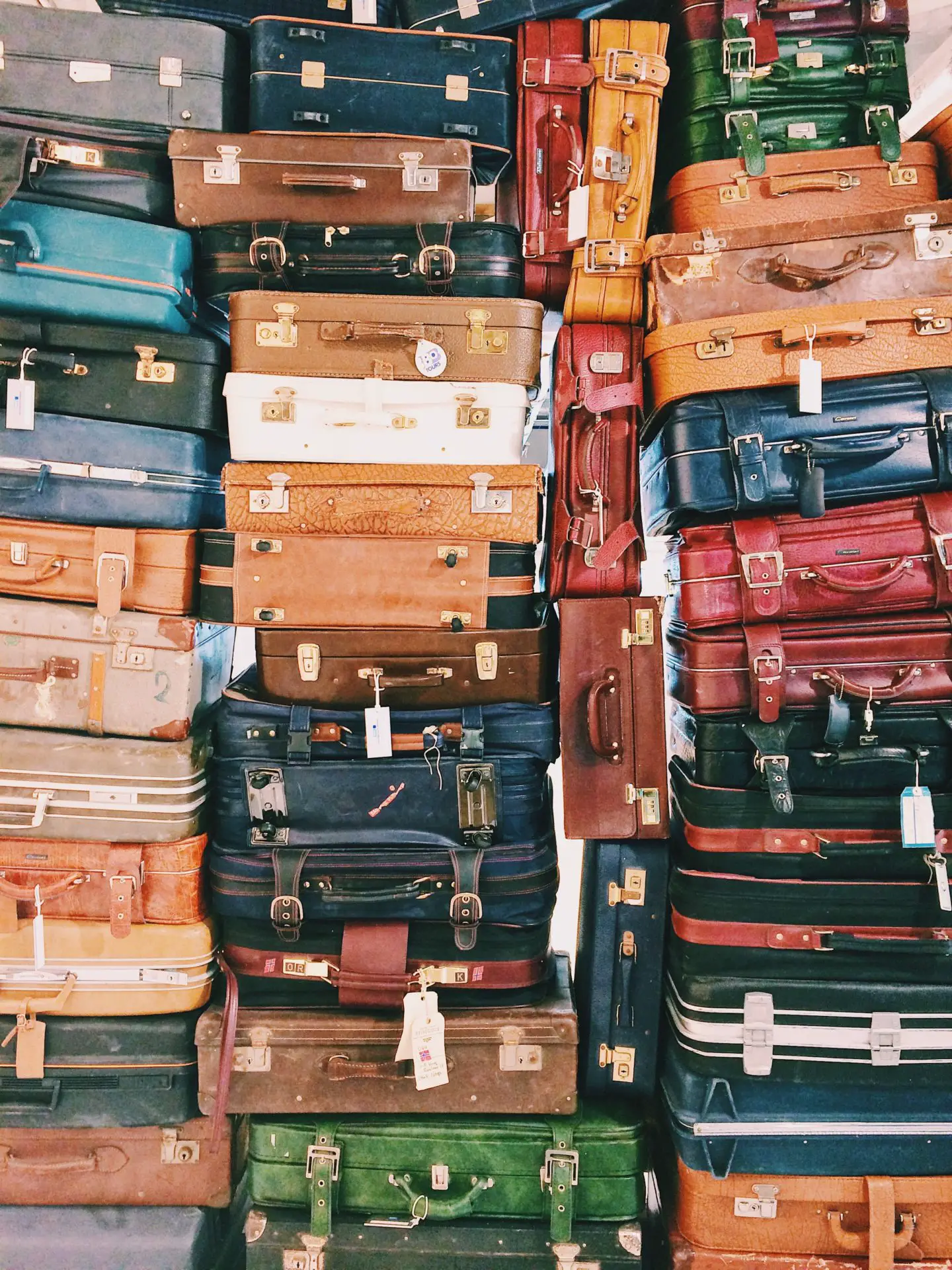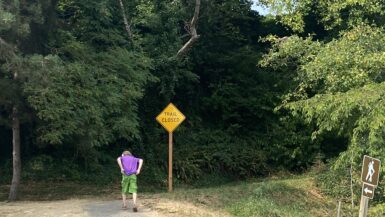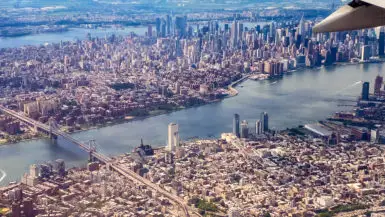Everyone around the world is still staying home, social distancing while we weather this virus (I hope anyways). I truly don’t believe it will be safe to travel until we hit herd immunity and/or invent a vaccine.
I’m currently looking to get a COVID antibody test and waiting to hear back from my insurance on whether or not it’s covered (thanks America). My partner and I had a very COVID-like infection in April, but we still aren’t 100% sure because we haven’t been tested. I can’t visit my mother, because she is immunocompromised as a 2x breast cancer survivor.
I know it seems privileged to bemoan the lack of available travel right now, especially with the civil unrest in the United States. Living with longer stretches in between trips has provided ample opportunity to reflect on how to be a more responsible traveler in the future.
I’m definitely jonesing hard for another trip. I’m fortunate enough to still have steady employment between my freelancing design work and selling artwork on the side. I haven’t succeeded in getting this blog to a point where it’s a significant source of income yet, but hopefully that will come soon once the travel industry bounces back!
In the meantime I’ve been working from home, getting back into learning Spanish on Duolingo, paying off credit cards, saving, and watching travel TV.
I remember watching the Amazing Race growing up with my mother because it was one of the only travel shows on our cable network. I’m watching Season 5 from 2004 on Hulu at this very moment and it’s absolutely not a show that has aged well.
There’s just something about watching a bunch of whiny Americans yelling “¡andale!” and muttering at every local cab driver that really makes me grit my teeth. We have such a bad reputation abroad for being impatient and loud and rude and this show just encourages that.
Most if it is in the show’s design itself, pushing competitors to run through the legendary Hermitage in St. Petersburg yelling “Rembrandt?”. It’s a weird foreshadowing of the age of Instagram driven travel where people have strict bucket lists and selfie poses.
I went on a guided group bus tour of the Vatican Museums with my brother and grandmother. These museums are sprawling, and we had a very packed schedule with only two days in Rome, so our tour guide rushes us through the museums, the Sistine Chapel, and St. Peter’s Basilica to hit the whole itinerary.
I studied art history in school, and Raphael’s School of Athens is one of my favorite paintings. Our tour guide pointed down a hallway, basically said “the School of Athens is down there” and moved on. I was so disappointed. I wanted to sneak off and look at it, but the tour had such strict attendance rules I would have caused a huge disturbance.
I’ve been fortunate enough to go back to Rome and see the mural in person, so I can’t really complain. But rushed travel has always since left a bad taste in my mouth.
Not to mention there is literally a Karen with a Karen cut on one team yelling at literally every cab driver.
A few episodes later, the competitors have to mold twenty perfect bricks at a brick factory outside of Calcutta. This sounded a little familiar to me… I couldn’t quite place from where. Oh yeah, I remember. VICE had a special on how these brick factories are basically modern slavery, with entire families in bondage creating these bricks during sixteen hour shifts, including children. The competitors end up watching these same children for clues on how to mold the perfect brick.
Again, I’m pulling a lot of cultural inference from just a few TV episodes, so I’m obviously no expert, but this leaves a bad taste in my mouth. The Amazing Race won many Emmys and has viewership in the tens of millions, so I wonder what kind of impact it makes on the casual travel industry.
Do Americans think every “third world” countryman is out to scam them? Will their eyes glaze over at child labor abroad because “that’s just how things are”? What is our role as travelers in the future? Can we leave the places we travel better than how we found them, be it through supporting local business, treating locals with respect and grace, and refusing to support exploitative practices? When does the tourism industry cross over into colonization like practices?
These are tough questions I hope we can work out, because travel can be a wonderful exchange of cultural ideas and a huge driver of job creation and opportunities. COVID has been tough for all of us, but I hope we can use it as a chance to recalibrate the industry to be more sustainable and thoughtful.






Leave a reply